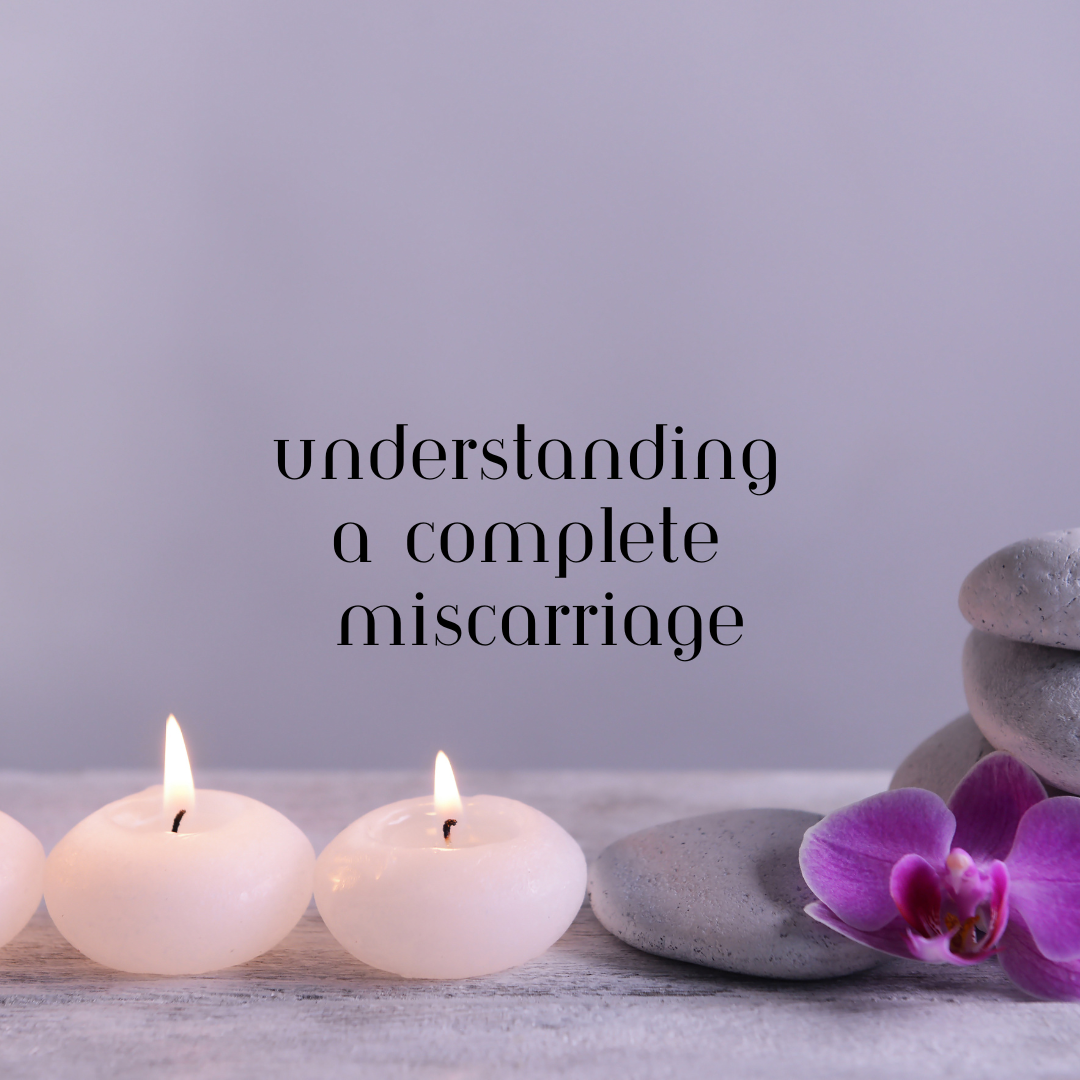Understanding a Complete Miscarriage: What It Means for You?
Dear Mama,
I know this is a difficult time for you, and I want you to feel supported every step of the way. A complete miscarriage occurs when all of the pregnancy tissue has passed from the uterus. The bleeding will begin to decrease, and the cramping will lessen. For some women, a complete miscarriage can happen naturally, but it’s still a very emotional and physical experience.
What Does a Complete Miscarriage Mean?
When you’ve experienced a complete miscarriage:
- All pregnancy tissue, including the embryo or fetus, has passed.
- Your cervix will close again, and bleeding will slow down.
- You may feel a sense of relief that the process is over, but it’s still important to give yourself time to grieve.
Some women feel physically better after a complete miscarriage, but that doesn’t erase the emotional toll. Your feelings of loss are valid, and you are allowed to process your emotions in whatever way you need.
How Is It Diagnosed?
A doctor or midwife can confirm a complete miscarriage by:
- Checking for signs that the cervix is closed
- Performing an ultrasound to confirm the uterus is empty
- Monitoring your hormone levels (hCG) to ensure they return to normal
How to Care for Yourself
Take time to:
- Rest and hydrate.
- Watch for any signs of infection (fever, foul-smelling discharge).
- Reach out for emotional support if needed.
Give yourself space to grieve and process the loss, and know that your body has done a lot of work during this experience. It’s okay to feel a mix of emotions.


Leave a Reply